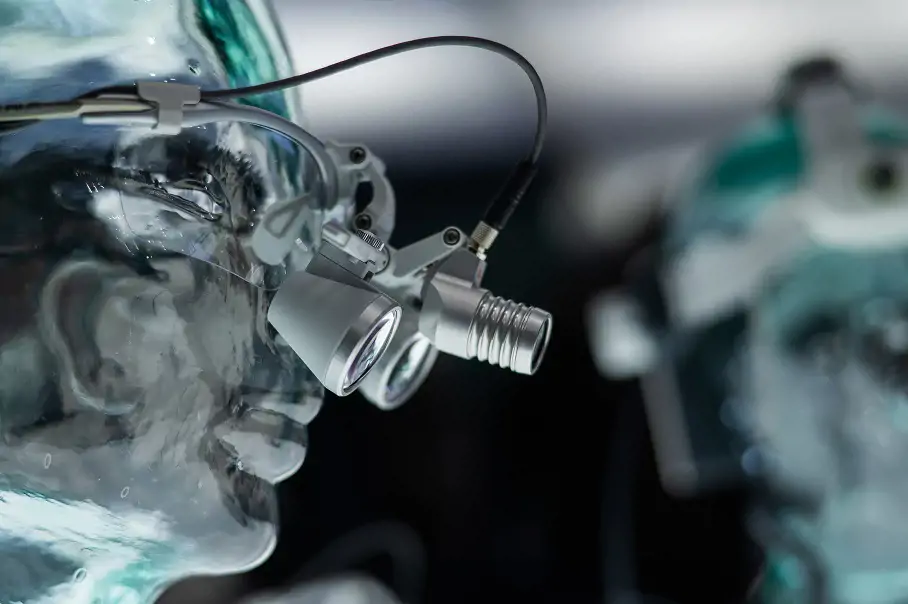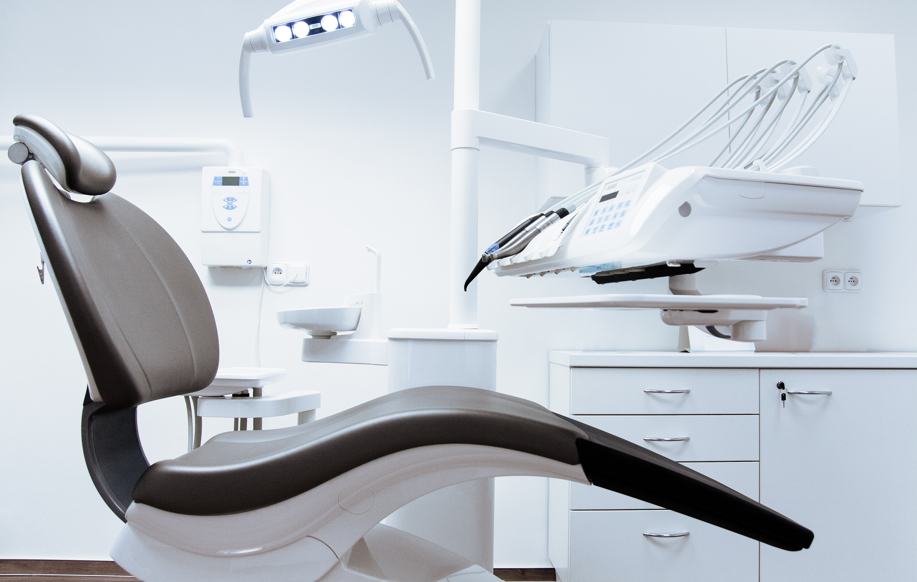
Quick CV Dropoff
Send us your CV

Precision medicine has emerged as a game-changer in
healthcare, revolutionizing the way diseases are diagnosed, treated, and
managed. This blog delves into the role of engineering in shaping personalized
healthcare and the incredible advancements it brings. From developing
innovative technologies to implementing data-driven approaches, engineering is
at the forefront of the precision medicine revolution, aiming to improve
patient outcomes and revolutionize healthcare as we know it.
Personalized Diagnostics:
Engineering plays a crucial role in enabling personalized
diagnostics, allowing healthcare professionals to accurately identify and
classify diseases at an individual level. Through the development of advanced
imaging techniques, biosensors, and genetic testing methods, engineers have
created powerful tools for early detection, risk assessment, and precise
diagnosis. These technologies empower healthcare providers to tailor treatment
plans to each patient's unique genetic and molecular profile, maximizing
effectiveness and minimizing adverse effects.
Targeted Therapeutics:
Precision medicine relies on engineering innovations to
deliver targeted therapeutics tailored to the specific characteristics of a
patient's disease. Engineers have revolutionized drug delivery systems,
designing nanoparticles, microfluidic devices, and implantable sensors that
enable precise drug administration, controlled release, and real-time
monitoring of therapeutic responses. These advancements minimize systemic side
effects, improve drug efficacy, and enhance patient compliance, ultimately
leading to more successful treatment outcomes.
Wearable and Implantable Devices:
Engineering has paved the way for wearable and implantable
devices that monitor patients' health parameters in real-time. These devices,
such as smartwatches, biosensors, and implantable pacemakers, continuously
collect vital data, allowing healthcare providers to track disease progression,
adjust treatment plans, and provide timely interventions. With
engineering-driven advancements, patients can actively participate in their
healthcare management, leading to better disease control and improved overall
well-being.
Big Data and Analytics:
The explosion of data in healthcare has necessitated
advanced data analytics tools and techniques to extract meaningful insights.
Engineers are at the forefront of developing sophisticated algorithms, machine
learning models, and artificial intelligence systems that analyze large-scale
genomic, clinical, and lifestyle data. These data-driven approaches help
identify disease patterns, predict treatment responses, and enable personalized
interventions. By leveraging big data and analytics, precision medicine becomes
a reality, empowering healthcare professionals to make informed decisions based
on evidence and individual patient characteristics.
Telehealth and Remote Monitoring:
In recent years, telehealth and remote monitoring have
gained significant momentum, providing access to healthcare services and
continuous monitoring for patients beyond traditional healthcare settings.
Engineers have played a pivotal role in developing secure communication
platforms, remote monitoring devices, and telemedicine technologies that enable
real-time consultations, remote patient management, and personalized care
delivery. These innovations improve patient convenience, reduce healthcare
costs, and enhance healthcare accessibility, particularly for individuals in
underserved or remote areas.
Engineering is driving the precision medicine revolution,
enabling personalized healthcare at an unprecedented level. Through innovative
technologies, data-driven approaches, and interdisciplinary collaborations,
engineering is reshaping the way diseases are diagnosed, treated, and managed.
As precision medicine continues to evolve, the impact of engineering on patient
outcomes and healthcare efficiency will only grow stronger. By leveraging
engineering advancements, we are on the path to a future where healthcare is
truly personalized, efficient, and effective, ultimately leading to better
health outcomes for individuals worldwide.